
Top 10 Aviation Jobs That Will Be in High Demand by 2026 (India & Global Trends)
- AME
- October 24, 2025
Have you ever felt the thrill of a plane taking off? That surge of power represents one of the world’s most dynamic industries. Aviation is not just about pilots and flight attendants. It is a vast ecosystem of high-skilled professionals. The industry is rebounding strongly after a period of challenge. Now, it faces a new era of growth and innovation.
This growth creates incredible career opportunities. Both in India and globally, certain jobs are becoming critically important. Companies are actively seeking talented individuals to fill these roles.
This blog will guide you through the top 10 aviation jobs that will be in high demand by 2026. We will explore what these jobs entail and why they are so vital for the future of flight.
The Driving Forces Behind Aviation Job Growth
Before we look at the specific jobs, let’s understand the trends. Several powerful forces are shaping the job market. Knowing these will help you see the bigger picture.
The Post-Pandemic Travel Boom
People are traveling again with a renewed passion. Airlines are expanding their fleets to meet this surging demand. More planes and more flights mean more jobs across the board. This is a global phenomenon, with India being one of the fastest-growing markets.
The Green Aviation Revolution
The industry is under pressure to reduce its carbon footprint. This has sparked a race for innovation. New jobs are emerging in sustainable fuel technology, electric aircraft, and efficient operations. Companies need engineers and technicians who understand these new systems.
The Digital Transformation of Air Travel
Aviation is becoming smarter. Artificial Intelligence (AI), data analytics, and automation are now central to operations. From managing customer flow to predicting maintenance, technology is key. This creates high demand for IT professionals and data specialists within aviation.
The Expansion of MRO Services
Maintenance, Repair, and Overhaul (MRO) is a booming sector. As airlines fly more, they need more servicing. India is positioning itself as a global MRO hub. This strategy will create thousands of technical jobs within the country.
Top 10 High-Demand Aviation Jobs for 2026
Here is our curated list of the most promising careers. We will look at each role’s responsibilities, required skills, and growth potential.
1. Aircraft Maintenance Engineer (AME)
The Guardians of Safety
AMEs are the certified professionals who keep aircraft airworthy. They perform inspections, repairs, and certifications. Their signature is what allows a plane to fly. There is a significant global shortage of these highly skilled technicians.
- Why High Demand: An aging workforce is retiring. The expanding global fleet needs more maintenance. Strict safety regulations require more detailed checks.
- Key Skills: Meticulous attention to detail, strong understanding of physics and mechanics, problem-solving, and knowledge of DGCA/EASA/FAA regulations.
- India & Global Outlook: Extremely strong. India’s MRO sector is expected to grow massively, creating abundant opportunities. Globally, demand consistently outpaces supply.
2. Drone Operator / UAV Pilot
The Masters of Unmanned Flight
This is one of the fastest-growing roles in the entire transportation sector. Drone pilots operate Unmanned Aerial Vehicles (UAVs) for various purposes. These include surveying, photography, agriculture, and delivery services.
- Why High Demand: Commercial applications for drones are exploding. E-commerce and logistics companies are investing heavily in drone delivery technology.
- Key Skills: Remote piloting skills, understanding of aviation regulations for drones, data analysis, and mission planning.
- India & Global Outlook: Phenomenal growth. As India formalizes its “Digital Sky” regulations, certified drone pilots will be in very high demand.
3. Aerospace Engineer (with Sustainability Focus)
The Architects of Green Flight
These engineers design and develop aircraft and systems. The biggest demand will be for those specializing in sustainable technologies. They work on electric propulsion, lightweight composite materials, and hydrogen fuel systems.
- Why High Demand: The entire industry is focused on reducing emissions. This requires a new generation of engineers with expertise in alternative propulsion and eco-design.
- Key Skills: Advanced knowledge of aerodynamics and propulsion, expertise in CAD/CFD software, creativity, and a passion for sustainability.
- India & Global Outlook: Very strong. Global aerospace companies and startups are competing to develop the next green aircraft, creating a talent war.
4. Aviation Data Analyst
The Digital Navigators
Airlines and airports generate enormous amounts of data. Aviation data analysts make sense of this information. They find patterns to improve efficiency, safety, and customer experience. They analyze everything from fuel consumption to passenger flow.
- Why High Demand: Data-driven decision-making is crucial for profitability and safety. Companies need specialists who understand both data science and aviation operations.
- Key Skills: Proficiency in data analysis tools (SQL, Python, R), statistical modeling, and business intelligence. Understanding of aviation metrics is a huge plus.
- India & Global Outlook: Rapidly growing. As Indian aviation becomes more competitive, airlines will rely heavily on analysts to optimize their operations.
5. Air Traffic Controller (ATC)
The Invisible Guides
ATCs are the professionals who manage the safe and orderly flow of air traffic. They give pilots instructions for takeoff, landing, and navigating airspace. It is a high-stakes job that requires intense concentration and quick decision-making.
- Why High Demand: Increased air traffic directly requires more controllers. Many current controllers in India and abroad are nearing retirement age.
- Key Skills: Exceptional stress management, sharp spatial awareness, clear communication, and multitasking abilities.
- India & Global Outlook: Consistently high demand. India’s AAI (Airports Authority of India) regularly recruits to manage the growing number of flights.
6. Aviation Cybersecurity Specialist
The Protectors of the Digital Sky
Modern aircraft are essentially “flying data centers.” They are connected to countless systems on the ground. This connectivity creates vulnerabilities. Cybersecurity specialists protect aircraft and airport systems from digital threats and hacking.
- Why High Demand: The risk of cyber-attacks on aviation infrastructure is a top concern for governments and airlines. This is a critical frontier for safety.
- Key Skills: Expertise in network security, ethical hacking, risk assessment, and knowledge of aviation-specific systems (like ACARS).
- India & Global Outlook: A niche but critically important field with massive growth potential. Demand will soar as systems become more interconnected.
7. Flight Dispatcher
The Pilot’s Partner on the Ground
Flight dispatchers share responsibility with the pilot for the safety and planning of a flight. They create the flight plan, considering weather, fuel, and air traffic. They are the key link between the cockpit and airline operations.
- Why High Demand: More flights mean more complex logistics to manage. Dispatchers are essential for efficient and safe scheduling.
- Key Skills: Strong analytical skills, knowledge of meteorology and navigation, ability to work under pressure, and excellent communication.
- India & Global Outlook: Stable and growing demand. This is a core operations role that expands with an airline’s network.
8. Sustainable Aviation Fuel (SAF) Specialist
The Pioneers of Clean Fuel
SAF is the most important tool for reducing aviation emissions in the near future. Specialists in this field work on the production, supply chain, and certification of these new fuels. They bridge the gap between science, engineering, and business.
- Why High Demand: Airlines have made bold commitments to use a percentage of SAF in their fuel mix. This creates an urgent need for experts who can make it happen.
- Key Skills: Background in chemical engineering or chemistry, understanding of supply chain logistics, knowledge of sustainability regulations.
- India & Global Outlook: An emerging field that will see explosive growth. India has great potential to become a producer of SAF.
9. Avionics Technician
The Electronics Experts
Avionics technicians specialize in an aircraft’s electronic systems. This includes navigation, communication, and flight instrument systems. As aircraft become more digitally advanced, their role becomes more complex and critical.
- Why High Demand: Modern aircraft rely heavily on complex avionics. These systems require specialized technicians for installation, troubleshooting, and repair.
- Key Skills: Expertise in electronics and digital systems, proficiency with diagnostic equipment, problem-solving, and attention to detail.
- India & Global Outlook: Very strong. The sophistication of new aircraft entering fleets ensures long-term demand for these specialists.
10. Customer Service and Ramp Handling Professionals (with Tech Skills)
The Face and Muscle of an Airport
This category includes roles at the airport. They ensure a smooth passenger and aircraft turnaround experience. The demand is for professionals who are also adept at using new technologies. These include self-check-in systems, biometrics, and automated baggage handling.
- Why High Demand: Air travel volumes are recovering and surpassing pre-pandemic levels. Airports need skilled staff to manage higher passenger flow efficiently.
- Key Skills: Excellent interpersonal skills, problem-solving, adaptability, and comfort with using digital kiosks and management software.
- India & Global Outlook: High demand, especially in India, where new airports are opening and existing ones are expanding.
A Quick-Reference Table: Your Career Comparison
| Aircraft Maintenance Engineer | Ensure aircraft airworthiness | Attention to detail, technical knowledge | Fleet expansion, safety regulations |
| Drone Operator | Pilot unmanned aerial vehicles | Remote piloting, regulation knowledge | New commercial applications |
| Aerospace Engineer (Green Tech) | Design an eco-friendly aircraft | Sustainability focus, CAD/CFD skills | Green aviation revolution |
| Aviation Data Analyst | Optimize operations with data | Data analysis (Python, SQL), business acumen | Digital transformation |
| Air Traffic Controller | Manage safe air traffic flow | Stress management, communication | Increased air traffic |
| Aviation Cybersecurity Specialist | Protect digital aviation systems | Cybersecurity expertise, risk assessment | Increasing connectivity & threats |
| Flight Dispatcher | Plan and monitor flight paths | Analytical skills, meteorology knowledge | Complex airline logistics |
| SAF Specialist | Develop & manage clean fuel supply | Chemical engineering, supply chain | Emission reduction targets |
| Avionics Technician | Maintain electronic aircraft systems | Electronics expertise, diagnostics | More complex aircraft systems |
| Airport Handling Pro | Manage passenger & aircraft turnaround | Customer service, tech-savviness | Rising passenger numbers |
How to Prepare for Your Future in Aviation
Landing these high-demand jobs requires a proactive approach. Here is a simple action plan to get you started.
- Identify Your Interest: Which of the roles above excites you the most? Research it deeply.
- Get the Right Education: Pursue a DGCA-approved course for AME or ATC. Consider a B.Tech in Aerospace Engineering. For drones, get a certificate from an FTO (Flight Training Organization).
- Develop Tech Skills: Regardless of your role, being comfortable with technology is a huge advantage. Learn the basics of data analysis or cybersecurity.
- Gain Practical Experience: Internships are invaluable. Try to get hands-on experience at an airline, airport, or MRO facility.
- Network: Connect with professionals on LinkedIn. Attend aviation seminars and career fairs. The industry values connections.
Conclusion:
The future of aviation is bright, dynamic, and full of opportunity. The industry is evolving, creating exciting new careers beyond the traditional roles. Whether you are a hands-on technician, a tech-savvy analyst, or a sustainability pioneer, there is a place for you.
The key is to align your skills with the industry’s needs. Focus on technology, sustainability, and safety. By doing so, you will position yourself at the forefront of this exciting field. The demand is there. The opportunities are real.

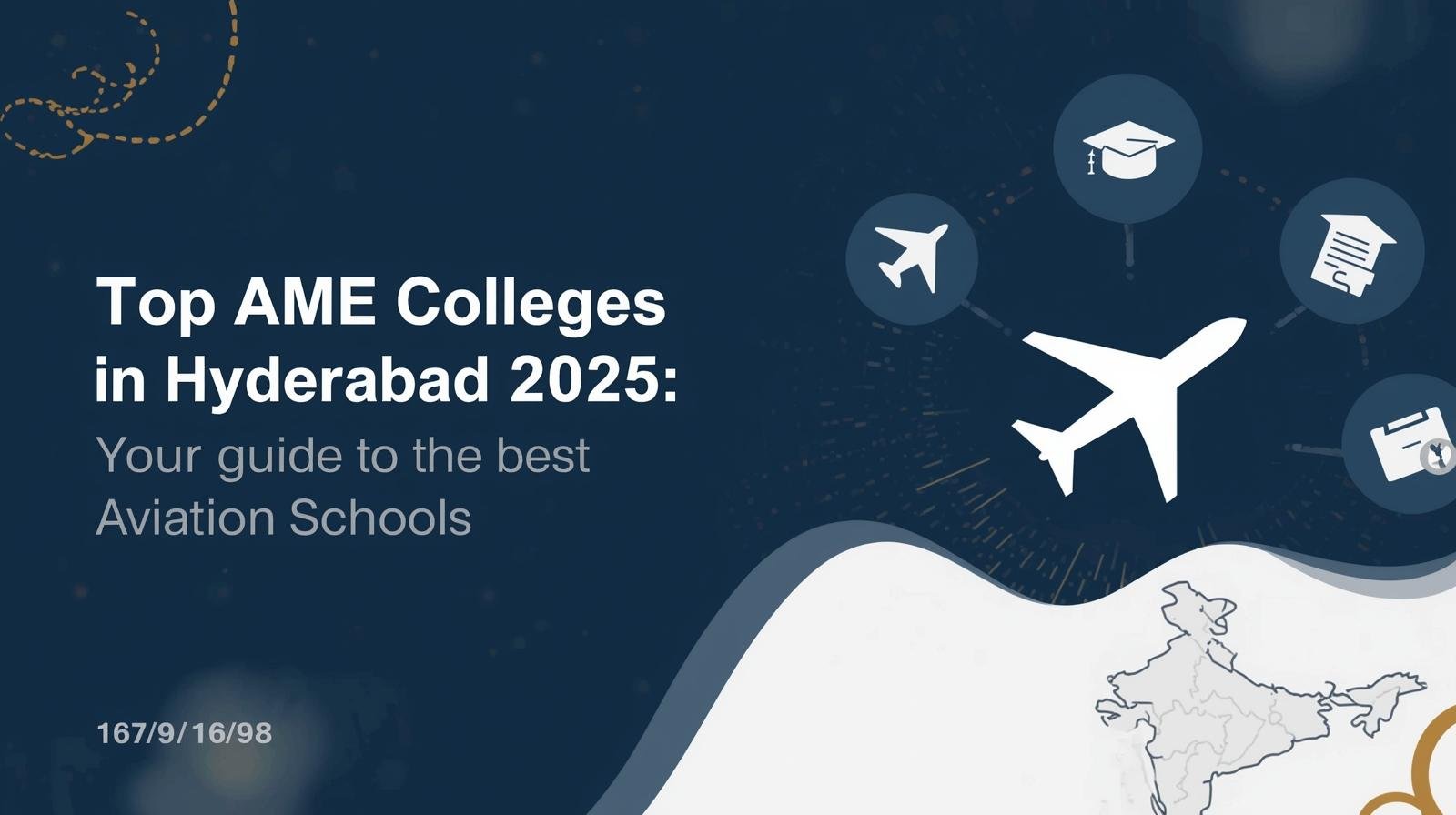

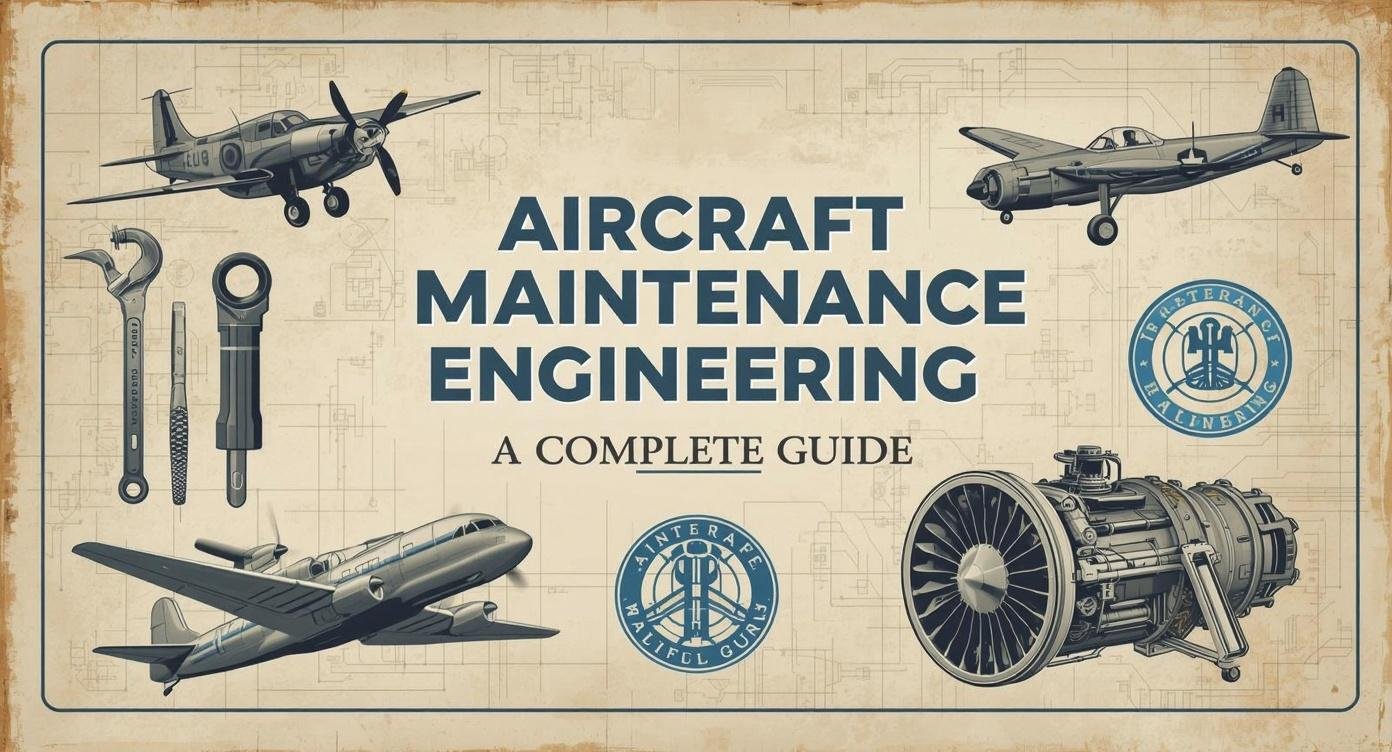
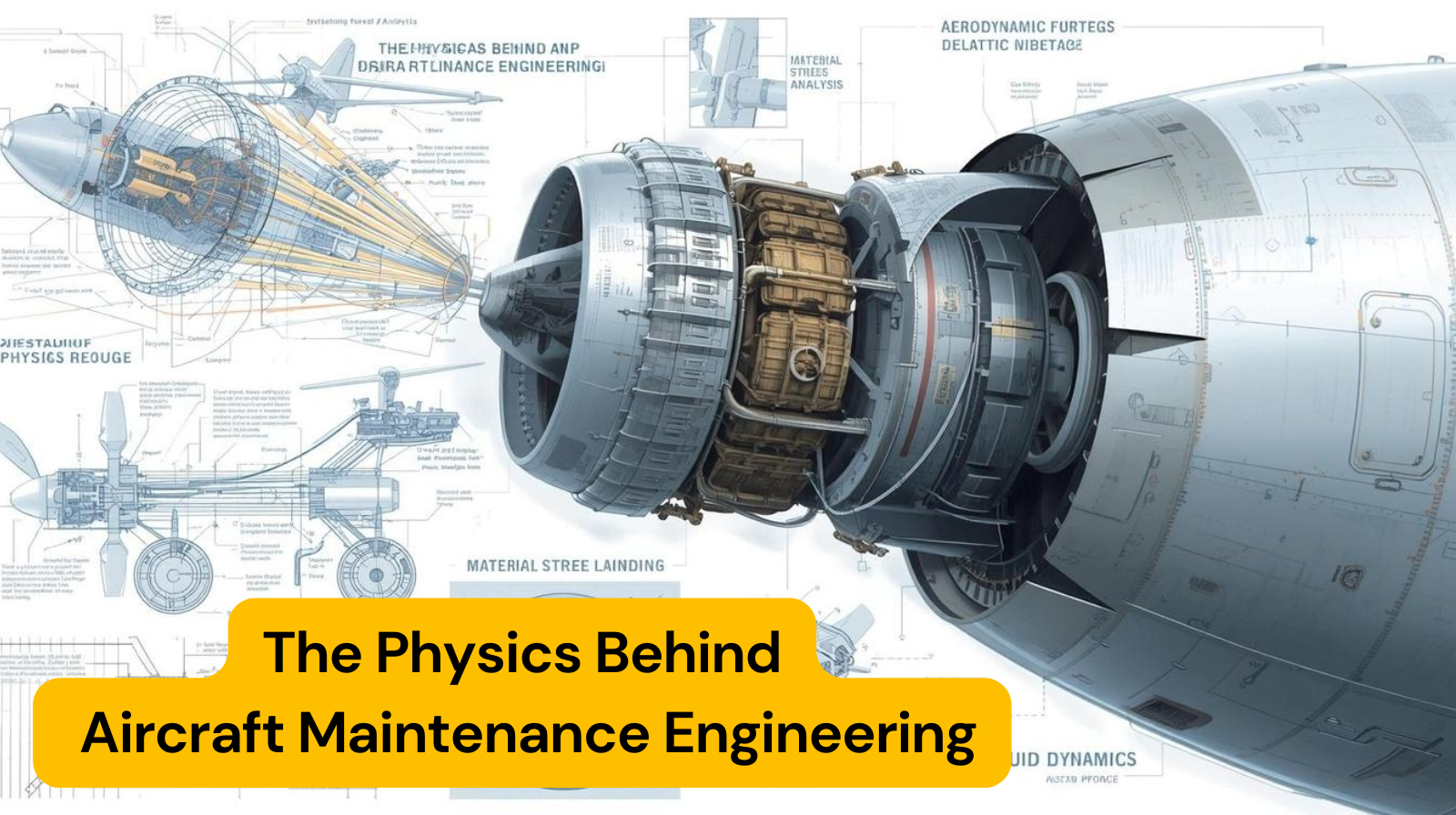


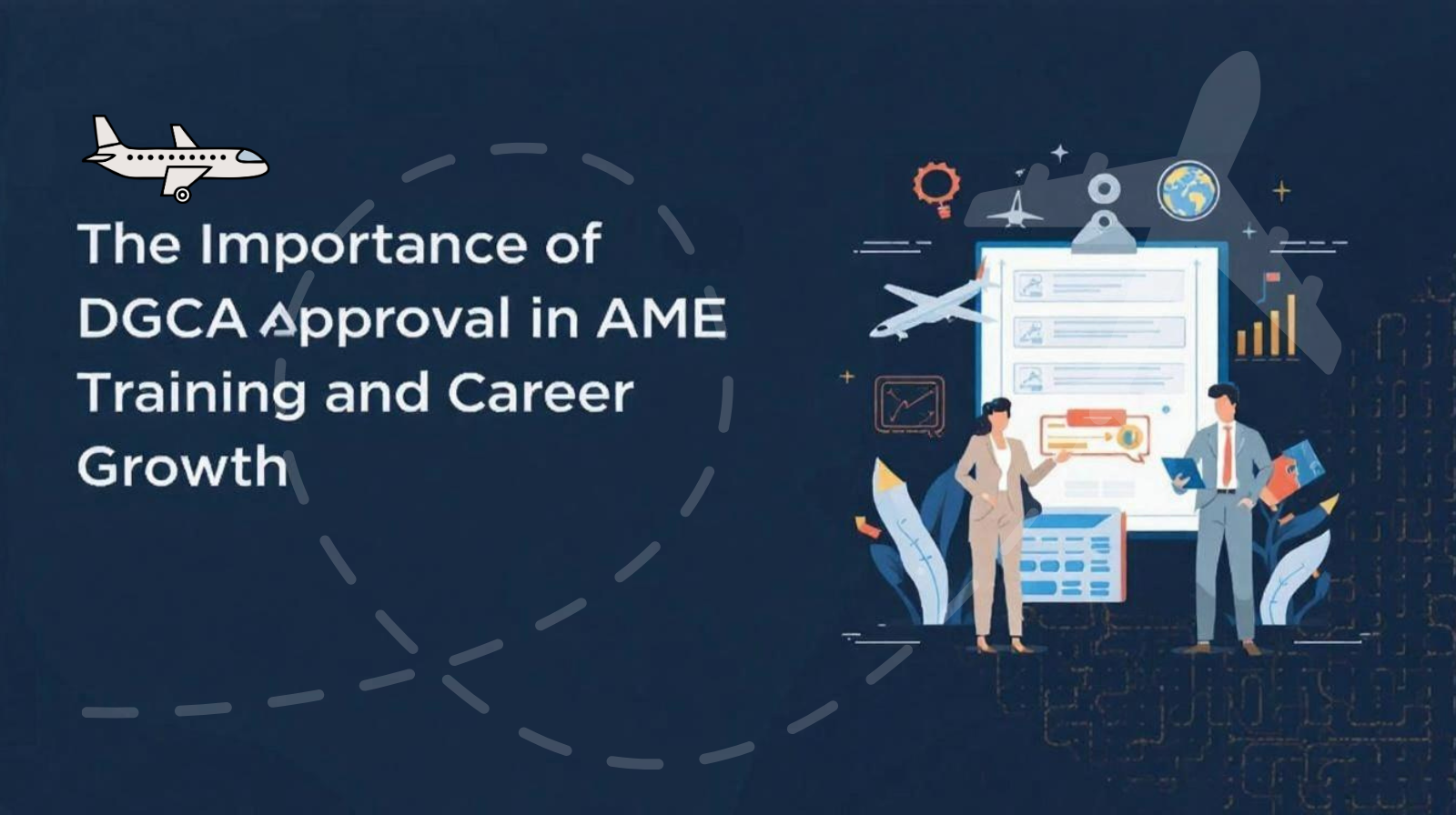


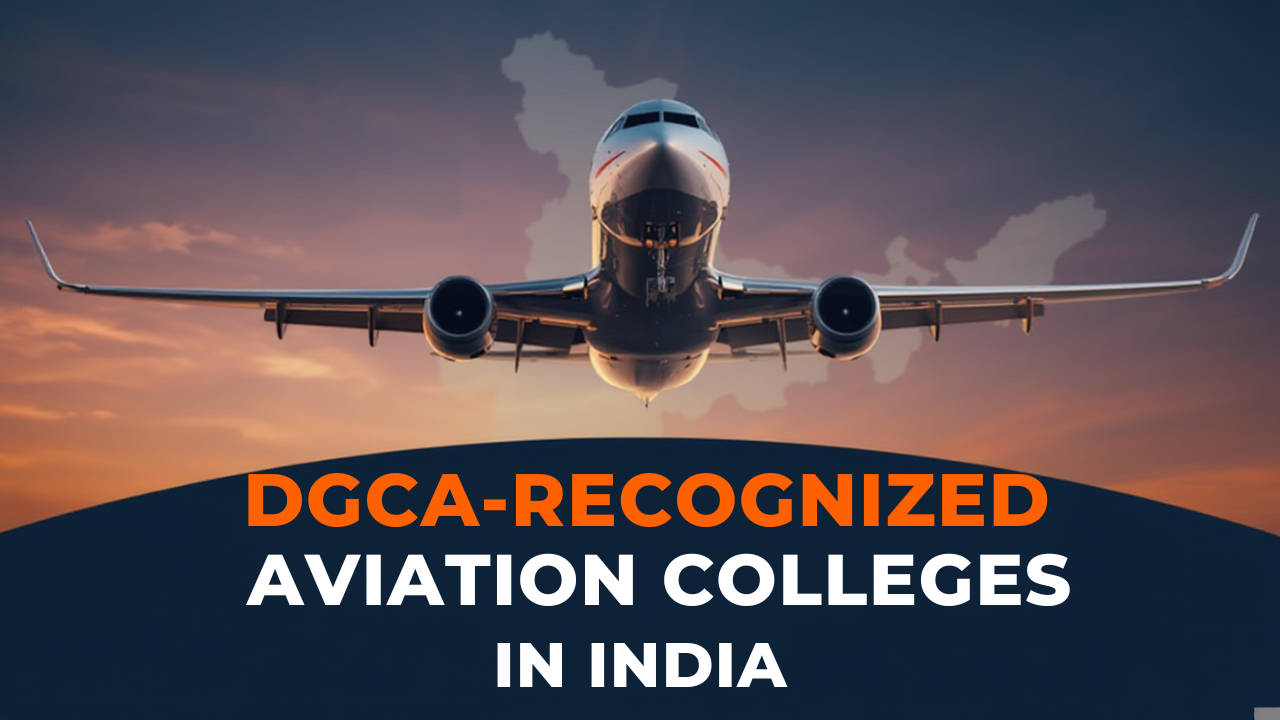


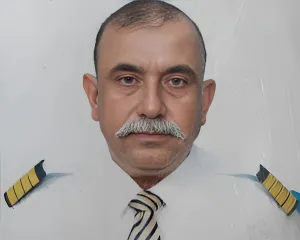
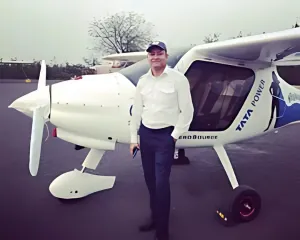


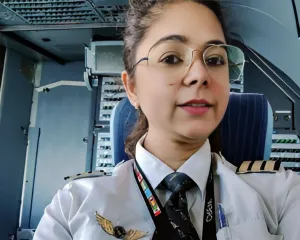


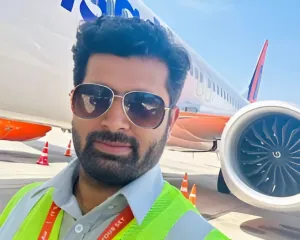
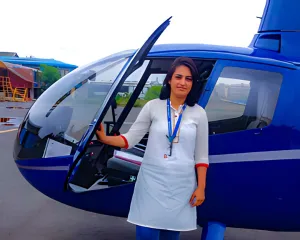


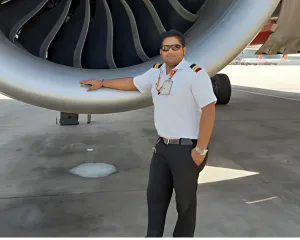



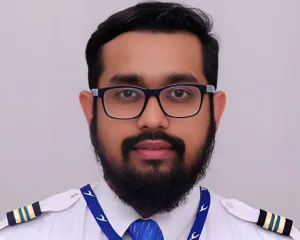
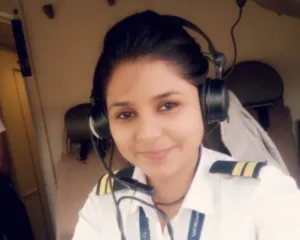



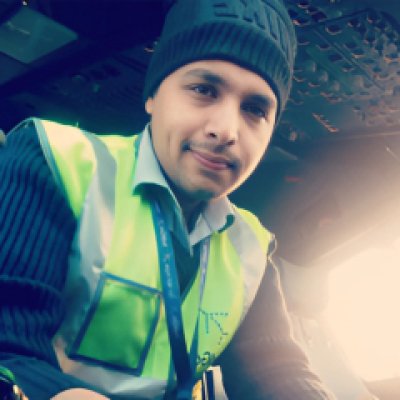


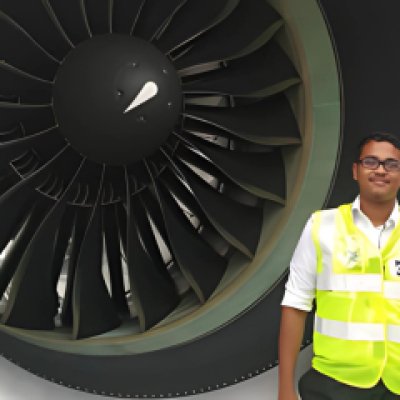
























Share This News